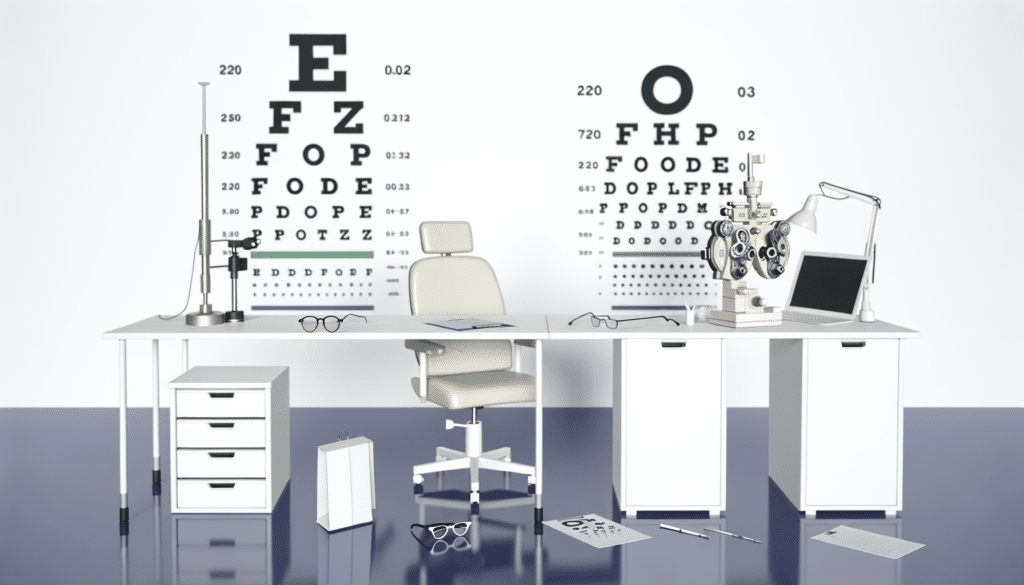The Importance of Regular Vision Tests
Maintaining good vision is essential for overall well-being and various aspects of daily life.
The Basics of Vision Tests
Vision tests are essential evaluations that help determine the health of your eyes and the clarity of your sight. These tests can range from simple procedures like reading an eye chart to more comprehensive examinations that can detect early signs of conditions such as glaucoma, cataracts, and macular degeneration. Regular vision tests are crucial because they can identify problems before they become severe, allowing for timely treatment and management. Without routine check-ups, you may not realize that your vision is deteriorating, which can significantly impact your quality of life.

Common Types of Vision Tests
There are various types of vision tests designed to evaluate different aspects of eye health. The most common is the visual acuity test, where you read letters on a chart from a distance to determine how clearly you can see. Another essential test is the refraction assessment, which helps identify the need for corrective lenses like glasses or contact lenses. Additionally, tonometry is used to measure the pressure inside your eye, which is vital for diagnosing glaucoma. Comprehensive eye exams may also include tests like the slit-lamp examination, which provides a magnified view of the eye’s structures, and retinal photography, which captures detailed images of the retina. Each type of test offers critical information that contributes to a complete understanding of your eye health.
Benefits of Early Detection
One of the primary benefits of regular vision tests is early detection of eye conditions. Many eye diseases progress slowly and without symptoms at the initial stages, making them difficult to recognize without professional evaluation. Early detection through routine vision tests can lead to more effective treatment options and can significantly slow the progression of diseases. For instance, conditions like diabetic retinopathy can be managed much more successfully when caught early. Similarly, early intervention for cataracts and glaucoma can preserve vision and prevent severe impairment. Therefore, regular eye exams are a proactive approach to maintaining eye health and overall quality of life.
Impact on Daily Life and Safety
Clear vision is crucial for daily activities and overall safety. Whether you’re driving, reading, working on a computer, or simply enjoying a hobby, good vision enhances performance and reduces the risk of accidents. Undetected vision problems can lead to difficulties in these activities, potentially endangering yourself and others. For instance, poor vision can make it challenging to read road signs while driving, increasing the risk of accidents. Additionally, children with undiagnosed vision issues may struggle academically or socially. Regular vision tests ensure that any vision impairments are identified and corrected, enhancing both safety and quality of life.
Encouraging Regular Vision Tests
Despite the importance of vision tests, many people neglect their eye health until problems become apparent. It’s crucial to emphasize the necessity of annual eye exams, even if you think your vision is fine. For those with pre-existing conditions or a family history of eye disease, more frequent check-ups may be necessary. Employers and schools can play a significant role in promoting eye health by offering vision screenings and educating about the importance of regular eye exams. By making vision health a priority, you can protect your sight and enjoy a higher quality of life. Remember, prevention and early detection through routine vision tests are key to maintaining healthy eyes.
